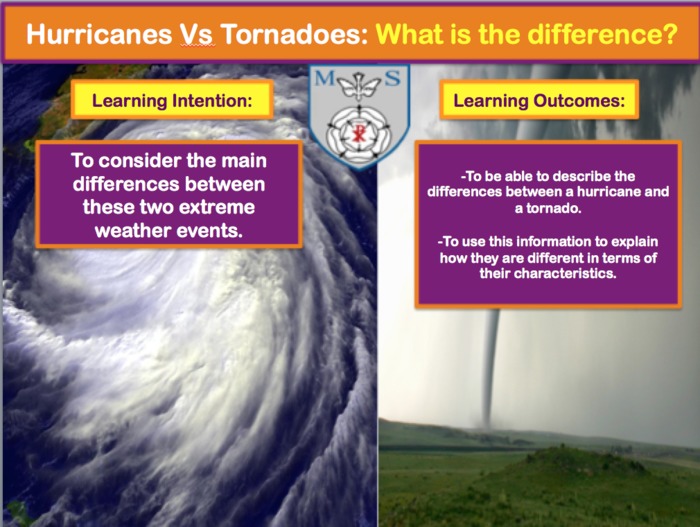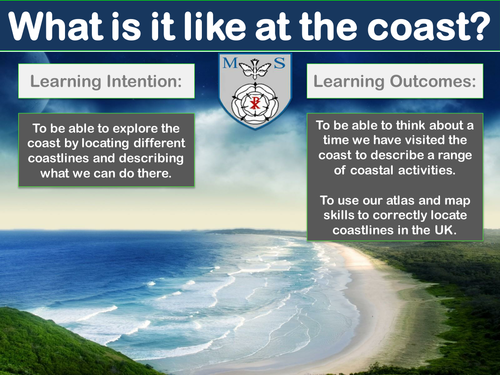Becki Quigley's Shop
The Royal Geographical Society's 'Young Geography Teacher of the Year' (2014) and currently the Head of Geography at the 'Best British School Overseas' - Dubai College, UAE. I have a decade of experience as a practitioner teaching GCSE (AQA) and A Level (AQA and Edexcel). I also an examiner for Pearson Edexcel -being an A Level Paper 2 Team Leader and examiner for the synoptic Paper 3.












